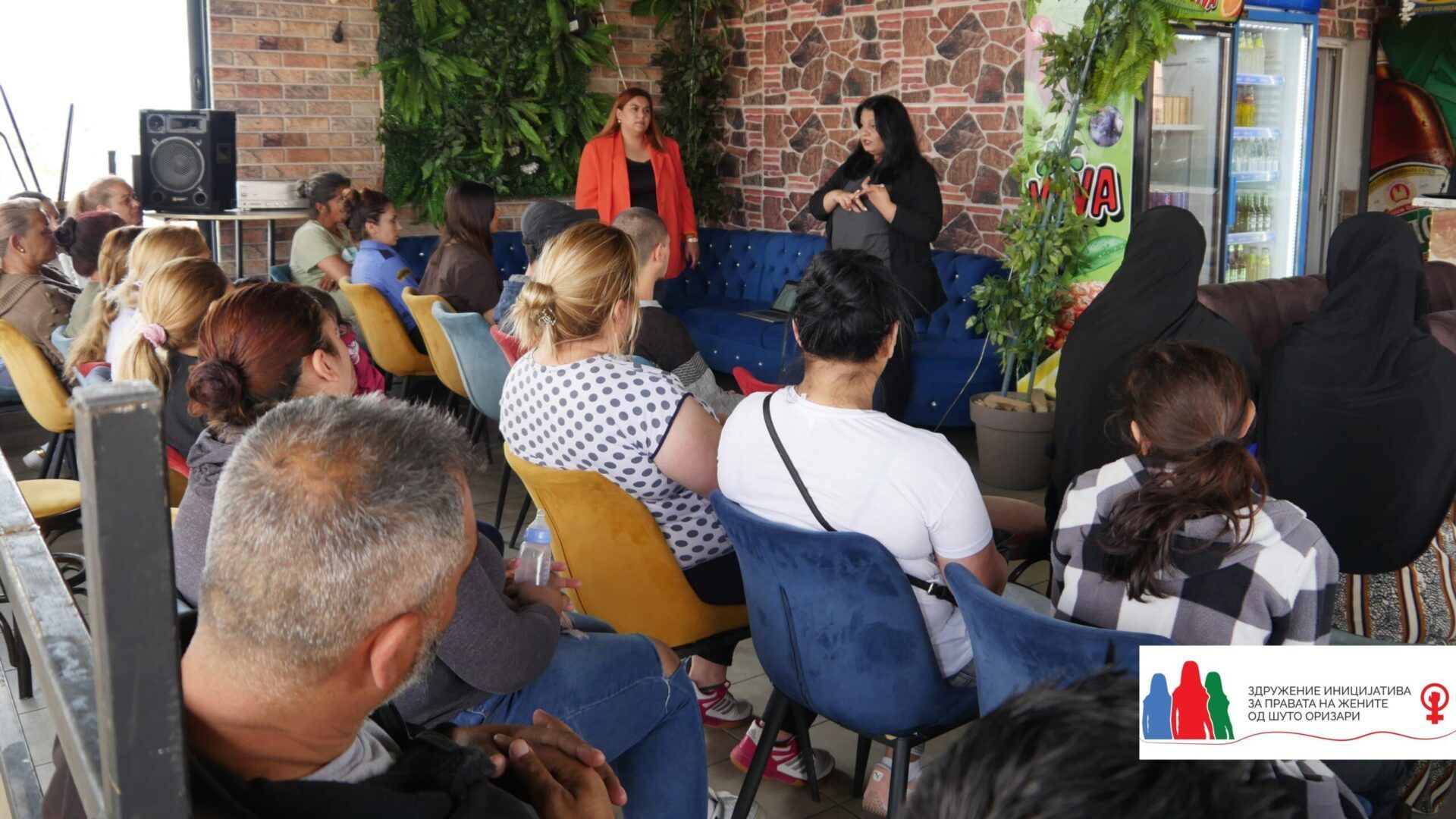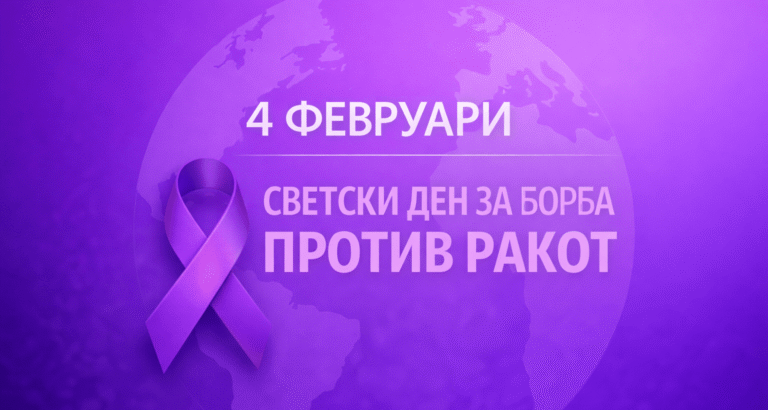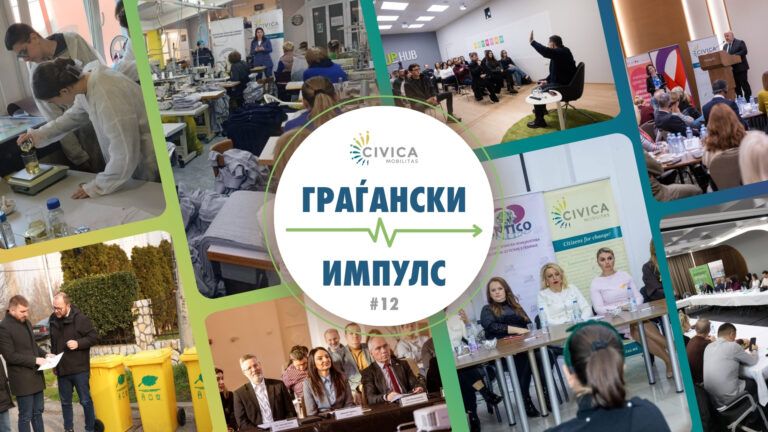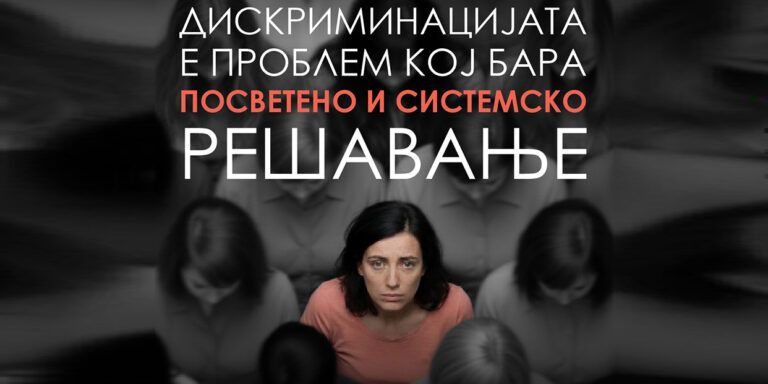There is a solution for complicated problems
When Salija Beqir Halim, the executive director of the “Initiative for the Rights of Women from Shuto Orizari” association, first met M.H., he was concerned about his minor daughter-in-law, who had become pregnant at 16 and realized that she had no health insurance. The meeting between Salija and M.H. took place during one of the association’s civic forums focused on the health rights of girls and women from vulnerable groups.
“We share information about our activities in various ways,” says Salija. “This is how M.H. found out about our research on free check-ups and tests for pregnant women and came to the civic forum. He explained the situation they were in and asked for advice on how to solve this complicated issue. Due to the lack of health insurance, the girl had to pay for the check-ups. As a minor, she is entitled to health insurance through her parents. However, her parents are divorced, she has no contact with her father, and her mother lives abroad,” Salija adds.
What did they do?
Representatives of the “Initiative for the Rights of Women from Shuto Orizari” shared important information and guidance on the process of registering for health insurance, as well as how to resolve the necessary documentation during the civic forum supported by Civica Mobilitas.
“We told M.H. that, to regulate his daughter-in-law’s health insurance, her mother needs to arrange her own insurance, and then they can arrange her daughter’s insurance. But it was easier said than done; implementing it was another story,” says Salija. After this, both the mother and daughter, together with M.H., came to the association. To start the process, the association’s partners asked for their birth certificates. “Here, a new problem emerged,” Salija continued, “the girl had no documents; on paper, she didn’t exist. It’s sad to face the helplessness in their eyes, as though their problems would never end.”
However, the activists from the association did not give up. They accompanied them to the Civil Registry Office, provided the necessary information, and after a week, the birth certificate for the minor girl was ready. With the following steps, they completed all the required documentation and health insurance was arranged. “She looked like a huge weight had been lifted from her shoulders, and the expression of helplessness was replaced with an expression of hope, that problems can still be overcome,” recalls Salija. “We helped her choose a gynecologist at the clinic in Shuto Orizari. This moment was more than just an administrative success—it was the beginning of a new, more secure future for her and her unborn child. She knew that from now on, she would be able to receive all the necessary check-ups and care without fearing financial costs or legal barriers. It brought her peace, security, and a feeling that, finally, she wasn’t alone,” explains Salija.

What did they achieve?
The minor pregnant girl is not the only one with such problems. She is one of 2,500 women in the Skopje municipality of Shuto Orizari, whom the association helped by guiding, informing, and assisting them in securing the right to free gynecological check-ups that they are entitled to.
“Now the girl can regularly do the necessary tests and check-ups during her pregnancy. She decided to keep the baby, and we informed the parents about the procedure in state clinics for delivering a minor,” adds Salija.
The forums organized by civil organizations not only provide platforms for exchanging information but also help in solving concrete problems, especially for vulnerable groups.
This case shows that, with civic engagement and support from Civica Mobilitas, even the most complicated problems can be solved. Thanks to collective action, one vulnerable minor now has the opportunity to care for herself and her child’s health, without fear of financial costs.
This story is proof that even small actions and support can bring big changes and save lives. For some, it may be just another event, but for others, it’s a memorable event that will remind them of support and care. That’s what this civic forum was for M.H. and his family. This is not just a story of legal and medical assistance, but a story of human solidarity and kindness.
“Improved Health Rights for Girls, Women, and Vulnerable Groups” is a project by HERA – Association for Health Education and Research, implemented in partnership with the “Initiative for the Rights of Women from Shuto Orizari” association in Skopje, the Association for the Support of People Living with HIV – STRONGER TOGETHER from Skopje, and the Association for the Emancipation, Solidarity, and Equality of Women – ESE from Skopje.
The project is financially supported by the Government of Switzerland through Civica Mobilitas.







![Sre]ni praznici(2)](https://civicamobilitas.mk/wp-content/uploads/2025/12/sreni-praznici2-768x432.jpg)
